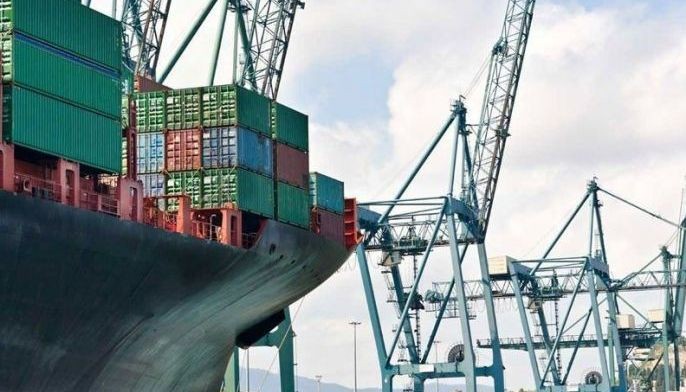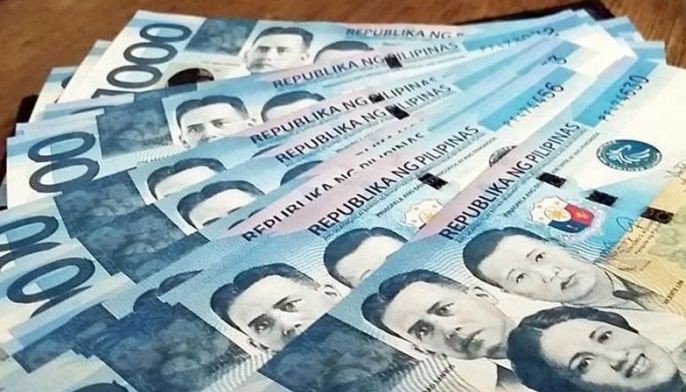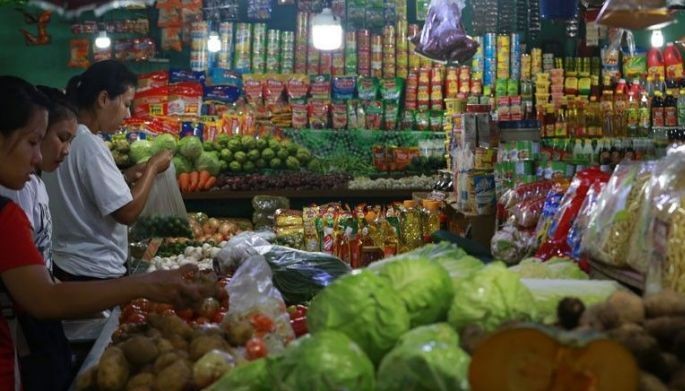Cooling down Philippine inflation comes at a cost — report

MANILA, Philippines — Soaring prices in the Philippines continue to crush Filipino families’ budgets, and bringing down rising inflation may come at a cost to the national government’s balance sheet and the economy’s other main line of defense, the current account buffer.
Inflation spiked to a fresh nine-year high of 6.7 percent in September, keeping the pressure on the Bangko Sentral ng Pilipinas to jack up interest rates further.
Prices began rising at the start of the year after the government slapped higher excise taxes on fuel and other commodities. The price hikes quickly spread to cover more goods.
To combat surging consumer prices, the government plans to suspend an increase in oil taxes scheduled to be levied in January next year. This is in addition to recent measures announced to lower food prices such as liberalizing the importation of rice, a Filipino main staple.
The Department of Finance estimates that deferring the additional excise taxes on fuel could result in foregone revenues of around P40 billion.
In a report released Friday, British banking giant HSBC said cooling red-hot inflation may have budgetary implications and may widen the country’s current account gap.
HSBC said if the foregone revenues are unmatched with reduced spending, the government’s budget deficit in 2019 may rise by 0.2 percentage points to 3.2 percent of the country’s gross domestic product, matching the government’s limit for next year.
The projected revenue losses may also force the state to borrow more funds next year to help pay for government projects and maturing debt, HSBC added.
“This is not our base case for now, given the country's historical propensity to underspend its target and the government's announcement that it would also cut non-infrastructure spending for 2019,” HSBC said.
Wider current account gap seen
Meanwhile, the bank also said should rice import volumes double, the country’s current account gap next year could swell by as much as 0.1 percentage point.
It also warned that persistent rice supply problems pose “risks for further current account deficit widening.”
The current account position is an important indicator about the economy’s health. It measures the net transfer of real resources between the domestic economy and the rest of the world.
The Philippines had been posting current account surpluses until a reversal in 2017, amid a worsening trade deficit due to sustained rise in imports fuelled by President Rodrigo Duterte’s ambition to upgrade the country’s outdated infrastructure.
The imbalance is weakening the Philippine peso, which has been adding to the country’s inflation woes by making imports more expensive.
Not enough
According to HSBC, suspending the new round of excise tax hikes won’t have a significant impact on easing inflation, as local pump prices could remain elevated if stubbornly high world oil prices persist until 2019.
HSBC said stabilizing food prices is the “key” to reining in inflation, which is mostly supply-side driven.
“We agree that tackling inflation should be the government's top priority in the near term. Continually higher inflation could threaten growth by way of curbing consumption, especially in lower-income households, and investment, as it prompts further monetary tightening from the BSP,” HSBC said.
“For the Philippines, it might mean a higher fiscal deficit and a wider current account deficit for 2019.”
- Latest
- Trending


























